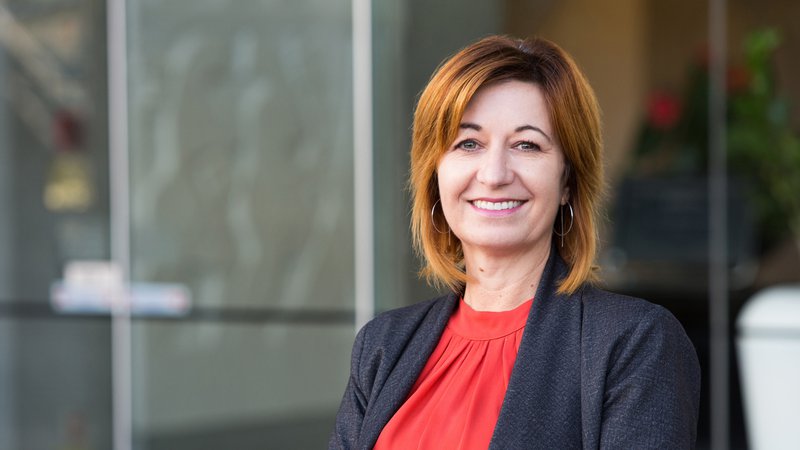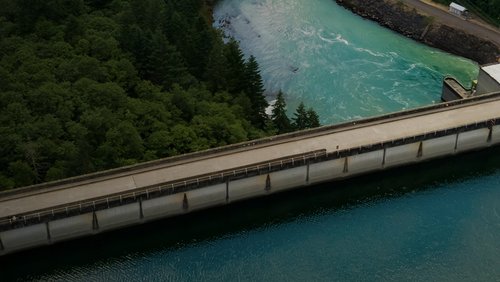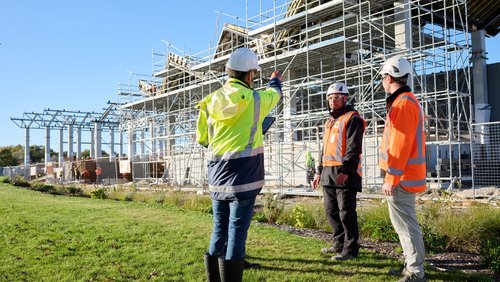1 Dec 2017
Get to know Darryl-Lee Wendelborn, Beca New Zealand's Managing Director.
What was your first job?
I worked as a civil engineer in the roading department of City Design Ltd, a consultancy business housed within and owned by Auckland City Council.
How did you bridge the gap between technical skills and a leadership role with responsibilities for managing people?
I was drawn to engineering because I’m inherently a problem solver. I’m driven by contributing to real and tangible changes in our world. Engineering gave me that chance – to use my analytical skills to make a real difference. Over my years in the business, I’ve definitely learned to use the same analytical thinking I apply to engineering problems in broader business and people-leadership situations. I certainly developed people skills during years of project work. Working in multidisciplinary teams and with project stakeholders has given me ample opportunity to appreciate the value of differing perspectives. I’m a big advocate of listening first – really listening – and being open and honest.

Darryl-Lee Wendleborn, Beca New Zealand's Managing Director
I was drawn to engineering because I’m inherently a problem solver. I’m driven by contributing to real and tangible changes in our world.
What’s Beca’s biggest challenge in the next six months?
For Beca, as for many companies, change across our markets will be a challenge – and not just in the next six months. While we’ve been hugely successful for the past 100 years, we’re vividly aware that to keep succeeding, we need to constantly look for new, innovative ideas and fresh ways of doing things. That’s what our communities and clients need – and it’s the entrepreneurial spirit our business was founded on. For example, there are real and obvious challenges for us around population growth and infrastructure – how we best support our clients in responding to these is crucial.
Our own market is also changing rapidly. So many New Zealand professional services companies are being acquired by major international players, like the potential acquisition of Opus by [Canadian company] WSP. We may be one of the few major New Zealand-headquartered multinationals left in our sector. This change offers us both challenges and opportunities, on which we thrive. For our clients, working with us means they’re working directly with local owners and decision makers but can still access international expertise.
How is Beca getting ready for technological changes, such as increased automation and AI?
We recently restructured our business into five global business groups. One of those is an advisory group, which includes many of our digital, data and software consulting teams. Across all of our business groups, we’ve established small task force groups to look at the opportunities in technology for our clients. Within our advisory group, we have just established an “accelerator unit”. The unit has a mandate to commercialise our technological innovations, make sure they’re taken to market effectively and see that our clients are getting the most benefit from our insights and thinking.
What key skills would you focus on if you were starting your career again tomorrow?
I’d be more prepared to try my hand at different things, and would be more deliberate about developing skills. I firmly believe self-development is never finished – but I wasn’t really aware of this in my early years. I was much more focused on gathering technical know-how than on self-development.
Who is the engineer of the future?
Certainly a broader thinker than in the past, embracing as many diverse and different perspectives on a topic or project challenge as possible. The original engineers built communities and future engineers will too. But they’ll be more holistic, looking at longer-term community, sustainability and liveability issues.




